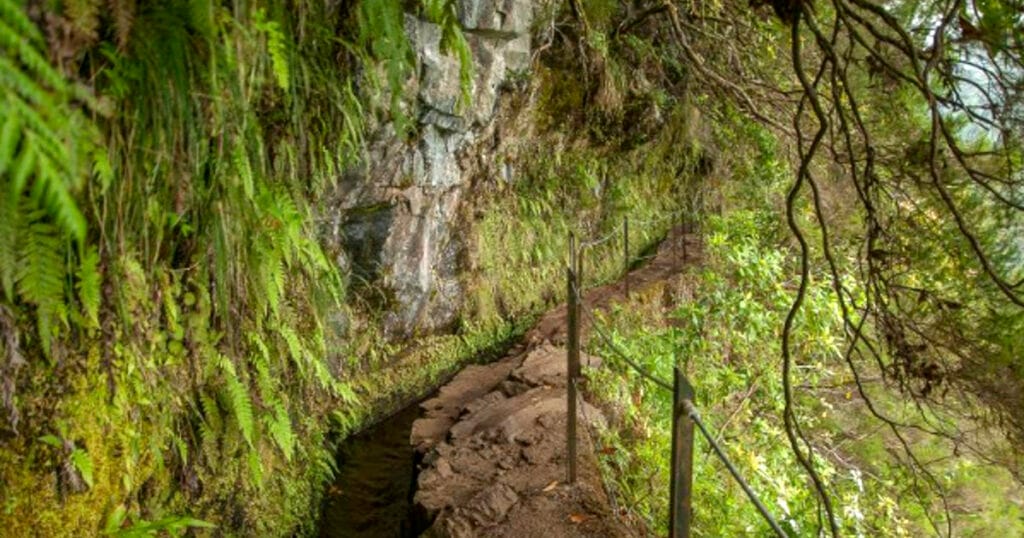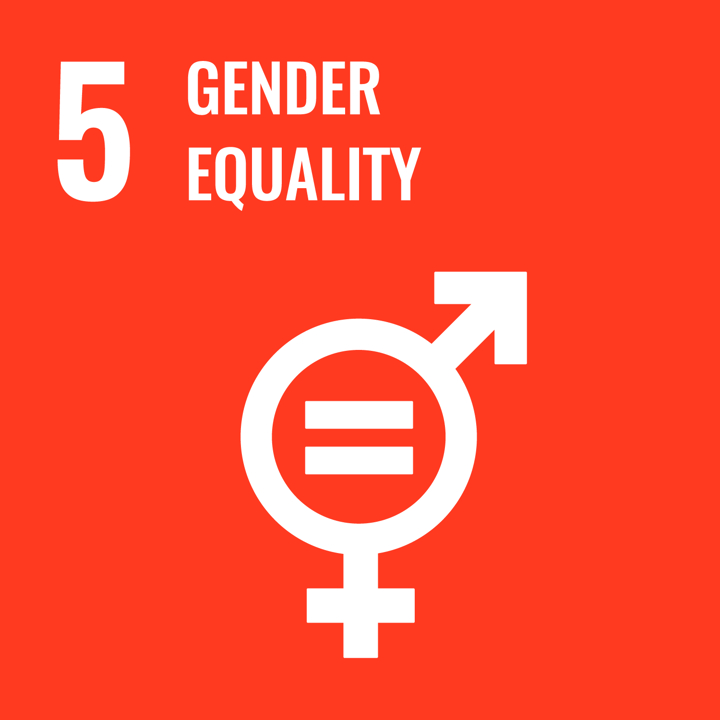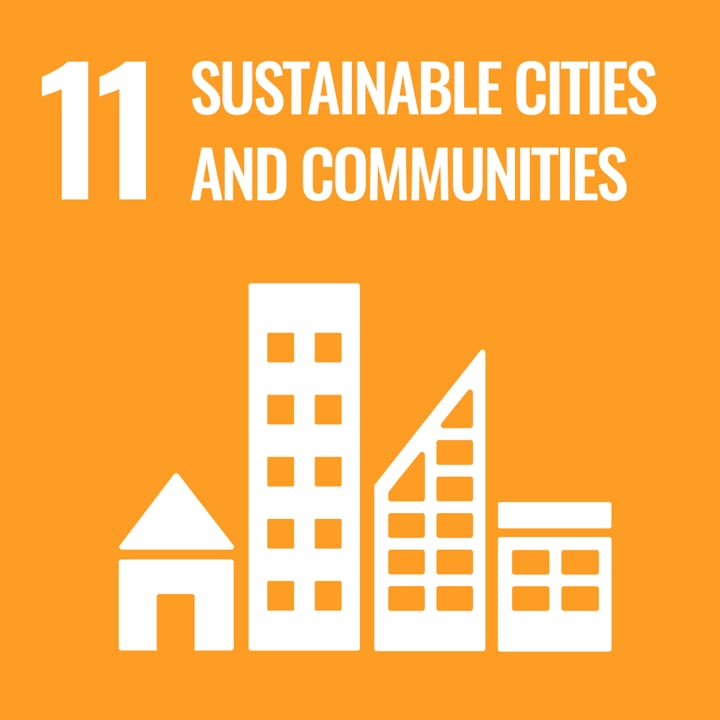
Beoogde eindgebruiker: Leraar, Lerarenopleider
Leeftijdsgroep: Hoger primair onderwijs; Lager secundair onderwijs; Hoger secundair onderwijs
Schoolcurriculum: Science; Social, Physical & Health Education; Social & Environment Science; Languages; Arts
Thema's en onderwerpen: Behaviour & Lifestyle; Collective Action; Power & Influence; Information & Knowledge; Citizenship; Pedagogy Approaches
Duur: From 2 to 4 months
Type bron: Guidelines & Notes, Project
Trefwoorden: Science trail, interdisciplinarity, collaboration, student-centred, field trip, open schooling
Talen: Engels
Beschrijving
Science Trails are educational activities where students design physical paths with various stations or stops that raise awareness about topics relevant to their community. These trails provide an engaging way for students to learn and apply knowledge from different school subjects in a real-world context.
The process begins with students selecting the topics they wish to address, based on their community’s needs. Teachers guide the students through this process, helping them identify impactful subjects. Once chosen, students research their surroundings and engage with key stakeholders such as local experts, community leaders, and residents, ensuring the content resonates with the community’s characteristics.
Next, students co-create the stations along the trail, using interactive approaches to engage visitors. Each station highlights specific aspects of the topics, employing activities, experiments, and multimedia presentations. Throughout this process, students take the lead, with teachers providing guidance. This approach fosters ownership, critical thinking, problem-solving, and communication skills.
Finally, the Science Trail is presented to the public, offering students a chance to showcase their work and share insights. This public presentation raises awareness about important local and global issues and celebrates students’ achievements.
Science Trails integrate multiple school subjects, promote community engagement, and provide students with a meaningful, hands-on learning experience. By leading each step, students gain valuable skills and a deeper understanding of the world around them, making a positive impact on their community.
Hoe gebruik je deze bron
To use this activity resource, simply follow the step-by-step guide on the PDF to help students design physical paths with interactive stations that highlight community-relevant topics. The PDF outlines the entire process, from topic selection to public presentation, providing a structured methodology for integrating school subjects, engaging stakeholders, and creating impactful learning experiences.
De middelen
Creating a Science Trail PDF:
This activity is adapted from the online resource, created by the project iDiverse:
In this page, you’ll find the original PDF, that can be downloaded.
At the School of the future/Open Schools for Open Societies Portal you can find the “IDiverSE – Creating Science Trails” accelerator“.
Leerresultaten (Docenten)
- Eliciteren van voorkennis en verder ontwikkelen van kennis en begrip van de belangrijkste concepten van Duurzaam Burgerschap, waarbij gevestigde wereldbeelden en waarden in twijfel worden getrokken.
- een reeks geschikte hulpmiddelen en kaders toepassen om duurzaam burgerschap bij studenten te bevorderen
- Reflecteren op de praktijk en nationale curricula onderzoeken om mogelijkheden te identificeren om Duurzaamheidsburgerschap op interdisciplinaire manieren te bevorderen en samen te werken met externe belanghebbenden.
- Samen de kennis, hulpmiddelen en kaders synthetiseren om onderwijsmateriaal en lesplannen te maken die zijn aangepast aan hun eigen lokale context.
- Door middel van workshopactiviteiten en praktijkgemeenschappen capaciteit en agency opbouwen als docenten en leiders op het gebied van duurzaam burgerschap.
Groene competenties
- Duurzame waarden belichamen: De natuur bevorderen
- Complexiteit omarmen in duurzaamheid: Kritisch denken; probleemopstelling
- Duurzame toekomstvisies: Onderzoekend denken
- Handelen voor duurzaamheid: Collectieve actie
Creative Commons

This resource is adapted from the PDF published by the projects iDiverse en OSOS , which has this CC.
SDG's




